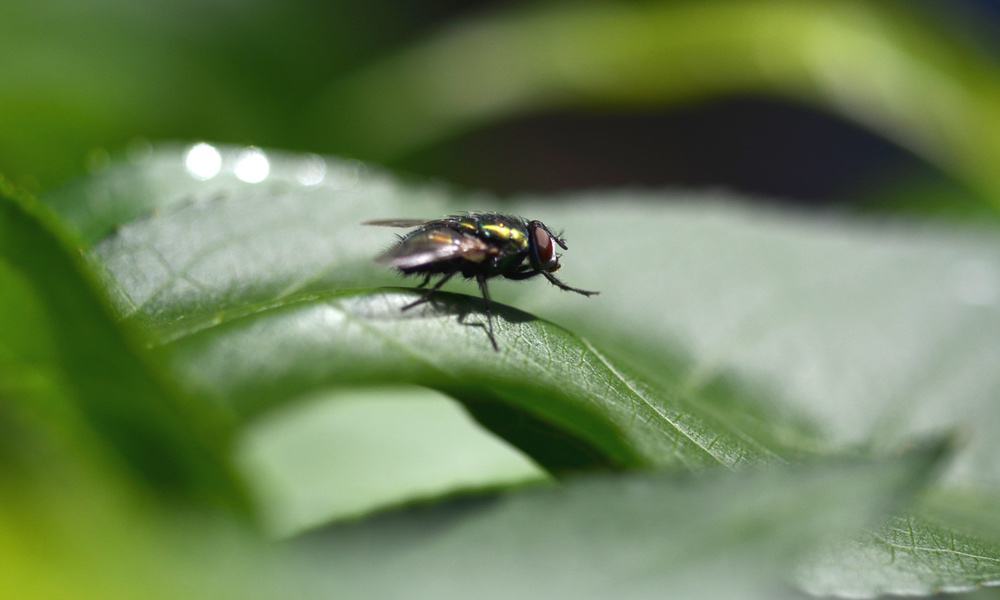A flyscreen keeps flies, insects, and other tiny pests out of a structure by keeping them out of doors and windows. Most of the time, we equate bugs and flying insects with warmer weather. After all, more insects are outside as the days lengthen and the temperature rises.
Premier Screens can offer good quality fly screens that you can use in your homes and offices during summer and winter.
But now the question is, should we neglect its utility during the winter months? Sometimes, during the winter, many people think it is the right time to ignore the hygiene of your fly screen. Contrary to that perception, companies are obligated by law to uphold a clean and hygienic environment on their premises consistently, regardless of any apparent reduction in issues.
These days, insects are becoming resilient and living all year round as global temperatures increase and our winters milder. So, again, are flyscreen blinds only for the summer, or do you also need to use them in the winter?
Is it necessary to remove your fly screens in winter?
Numerous websites guide on winter care for fly screens, with some suggesting removal as temperatures drop. We strongly discourage and do not endorse this approach.
This advice might be found online because installing fly screens on homes is a standard practice in many European countries with more harsh weather.
You could worry that the accumulation of snow will harm your screens if there is a chance of significant snowfall. It is improbable to pose a problem in the UK.
Importantly, the majority of fly screens in the country are situated not on residential structures, but primarily on commercial buildings. Business facilities, particularly those engaged in food manufacturing, require fly screens to ensure year-round compliance with hygiene standards.
Winter pests
Keeping your window and door screens maintained all year round helps shield your property from more than just spring and summertime insects. A huge number of animals and birds search for a warmer place to live and sleep throughout the winter.
Since even the coldest factory or warehouse is probably warmer than a tree or hedge, it is an ideal location to try and get entry to. Having screen doors and windows can assist in keeping a variety of animals out of your house and uphold your standards of sanitation.
Fly screen legislation
Companies engaged in the food production industry are required to adhere to specific requirements on public health and hygiene. Fly screens are required to make sure that establishments maintain the level of public hygiene required to comply with regulations.
Final conclusion
In conclusion, maintaining fly screens throughout the year is essential for businesses, especially in the food production industry, to comply with hygiene regulations. While online advice may suggest removing screens in winter, it is not recommended, particularly in the UK, where snow-related damage is unlikely.
Year-round screen upkeep not only prevents insects but also safeguards against winter pests, contributing to a cleaner and compliant environment. Therefore, we must continue to use this protection throughout the year.

